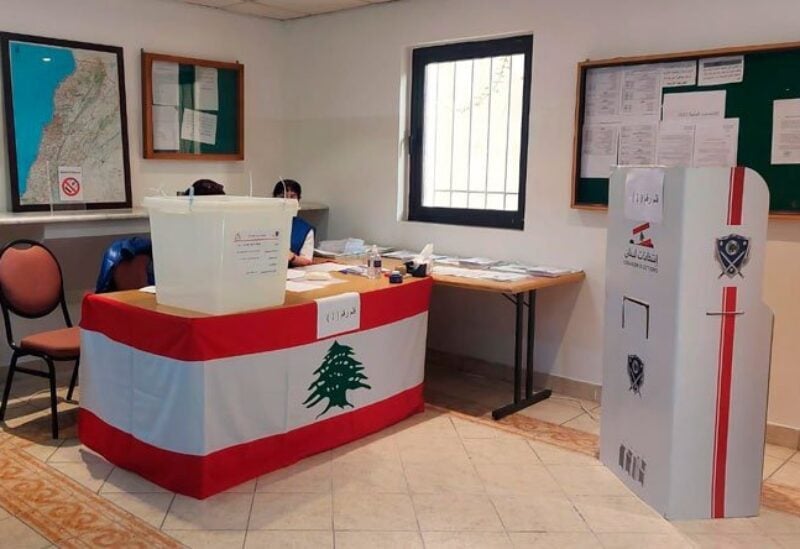
Lebanese Parliamentary elections abroad
On Monday afternoon, the European Union Election Observation Mission (EU EOM) in Lebanon published its final report on the 2022 parliamentary elections, which includes 23 recommendations for the improvement of future elections. The Chief Observer and Member of the European Parliament György Hölvényi returned to Lebanon to present the report.
“The conclusion in the mission’s final report is that although preparations were affected by limited financial and human resources, the election authorities delivered the 15 May parliamentary elections in the scheduled time”, said Mr Hölvényi during a press conference in Beirut. “However, these elections were overshadowed by widespread practices of vote buying and clientelism, which distorted the level playing field and seriously affected the voters’ choice”, added the Chief Observer.
In its report, the mission noted that the campaign was vibrant but marred by various instances of intimidation (including on social media) and cases of campaign obstruction. Besides, the legal framework for campaign finance suffers from serious shortcomings concerning transparency and accountability. Although the freedom of speech was generally respected, the media failed to provide equal visibility and balanced coverage, and the online space was slanted by prevalent information manipulation. Furthermore, the secrecy of the vote was not always guaranteed.
The EU EOM, in accordance with its mandate, will discuss the 23 recommendations for the improvement of future electoral processes with all relevant stakeholders.
Among the six priorities, the Chief Observer highlighted the need to establish mega centres based on voter pre-registration, in order to facilitate the participation of voters; to establish the Supervisory Commission for Elections (SCE) as a separate legal entity that is fully independent from the Ministry of Interior and Municipalities, including in financial and administrative terms; and to give the SCE the mandate and capacity to check and audit all personal accounts of the candidates and their families.
Mr Hölvényi pointed out that it is necessary to strictly regulate the provision of goods, services or payments by institutions owned or managed by candidates or parties, including companies, foundations, and charities. The EU EOM also recommended empowering the SCE so that it can impose dissuasive fines and enforcement measures on candidates and lists that do not submit on time the mandatory campaign finance reports or violate campaign spending ceilings. Finally, Mr Hölvényi called for adopting measures to increase women’s representation in the Parliament.
The Chief Observer emphasised that “the EU EOM’s recommendations are setting a framework for a gradual Lebanese-led reform process: it is paramount to continue regular, transparent and inclusive dialogue on the implementation of the recommendations with local stakeholders, including newly elected political forces, civil society, and the media”. Mr. Hölvényi concluded: “The European Union stands ready to support Lebanon in implementing these recommendations to improve future election processes, if deemed necessary, feasible and useful”.
At the invitation of the Lebanese authorities, the EU EOM carried out its work between 27 March and 16 June 2022. A delegation from the European Parliament joined the EU EOM for the observation of Election Day. Thus, the mission accredited a total of 167 observers from 27 EU Member States and Canada, Norway, and Switzerland.